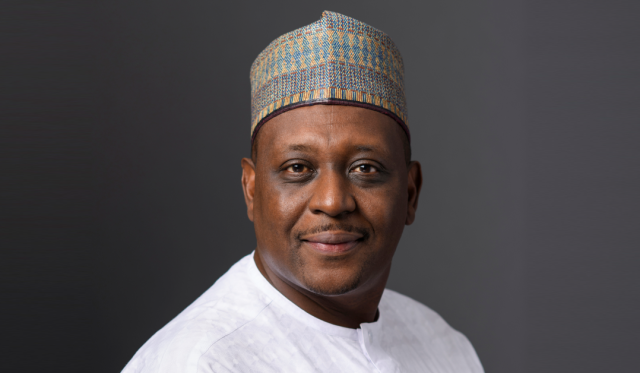The coordinating minister for health and social welfare, Ali Pate, announced that the federal executive council (FEC) has sanctioned Medipool, a collective purchasing organization, as the supplier of vital healthcare products throughout Nigeria.
Pate shared this information while addressing State House Correspondents after the sixth FEC meeting of the year on Monday.
He explained that the Medipool initiative will be implemented through the federal government’s basic healthcare provision fund and will also eventually involve federal tertiary hospitals to secure lower prices.
“This approach leverages the government's monopsony power as a significant buyer of these commodities to negotiate reduced prices, which will then be directed to areas of greatest need.
The scope of the initiative encompasses procurement planning, distribution monitoring, supply chain management, logistics oversight, quality assurance, and regulatory compliance, while also aiming to support local manufacturers.
Additionally, it includes aspects of import substitution, financial management, payment systems, capacity building, training, and contingency planning to ensure a consistent supply of essential medications through public-private partnerships,” Pate explained.
He highlighted that Medipool had undergone evaluation by the infrastructure concession regulatory commission and was compared with other global group purchasing organizations in countries such as Kenya, South Africa, Singapore, Saudi Arabia, among others.
“We believe this is a significant intervention that will transform the domestic market, facilitating the demand for quality pharmaceuticals in a manner that reduces costs, enhances quality, and stimulates local production,” he stated.
Pate pointed out that for nearly a year and a half, the government had been exploring various strategies to lower the prices of pharmaceutical products due to the financial strain faced by Nigerians.
“This issue isn't confined to Nigeria. As you may know, even countries as distant as the United States have implemented Executive Orders to curtail pharmaceutical costs. This aligns with the presidential initiative to unlock the healthcare value chain and the Executive Order signed by the president in June 2024.
That Executive Order provided local manufacturing incentives by removing tariffs on the importation of raw materials to foster local producers,” he noted.
He added that one aspect of that Executive Order enabled the ministry to shape the market by aggregating demand within the Nigerian health sector and promoting local suppliers.
Pate also mentioned that the FEC approved a contract for the procurement and installation of a cardiac categorization machine for the Usman Dafidio University Teaching Hospital in Sokoto, at a cost of N2.3 billion.
This facility will enhance the hospital's ability to diagnose and treat heart conditions, issues with blood vessels, heart attacks, and irregular heart rhythms.
“These are complex, severe medical issues. The University Teaching Hospital in Sokoto will now possess this capability to serve the population of Sokoto State, the North West geopolitical zone, and indeed the entire country. It will save lives and help reverse the trend of medical tourism abroad, as Nigerians will now be able to access services that were previously unavailable,” the minister concluded.




















